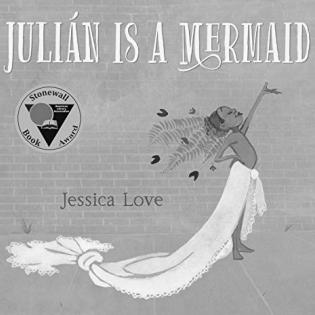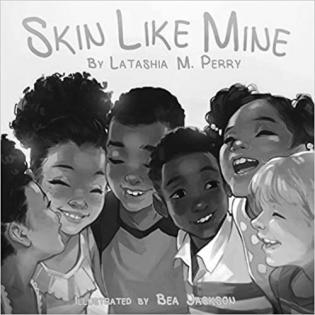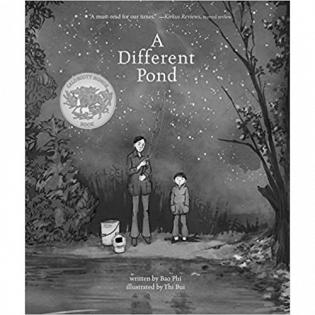Young people view and discuss the film The Gift of All: a Community of Givers and identify the influences and attributes of the generous people interviewed. They read biographies of generous people and make a...
Filter by subjects:
Filter by grades:
Filter by audience:
Filter by issue area:
Filter by content type:
Filter by resource type:
resource search
In this session, we learn about the sectors of civil society sector - business, government, and nonprofit. Youth watch the second half of the documentary The Gift of All and talk about the issues in West Michigan and the motivations of the philanthropists who made a major difference in...
The purpose of this session is to plan and develop a video documentary. Modeling their documentary after the West Michigan documentary The Gift of All, youth interview local philanthropists and create a multi-media story of their community and local philanthropy. Creating and sharing...
The purpose of this session is to show and celebrate the completion of the video documentary. Sharing the documentary is an act of philanthropy as it teaches and inspires others about philanthropy in the community. Participants reflect and write about the service-
...The learner develops an awareness of alternative, earth-friendly ways to eat. This lesson encourages the learners to evaluate how their food choices affect the environment. Youth identify ways organic and processed foods contribute to their health as well as the health of our world.
Raise the learners' awareness of responsible energy usage in their daily practice and global energy choices. They connect environmental stewardship to the use of renewable and non-renewable energy sources.
Young people gain awareness of the negative effects of air pollution, especially asthma. They research and identify some of the sources of air pollution in the school and community and possible ways to improve air quality in these areas.
In this book, Julian imagines himself becomming a mermaid after he sees some women dressed up beautifully in mermaid costumes. When he gets home, he dresses up as a mermaid, and at first his Abuela seems angry at him.
Through rhyming and delicious descriptions, this book celebrates the beauty of different skin colors. This book encourages self-love and a healthy appreciation for our uniqueness and the power of diversity. Reading this story together provides an opportunity to talk about each person's unique beauty and gifts.
Inspired by the real-life stories of author Bao Phi and illustrator Thi Bui, this beautifully crafted picture book tells the story of a simple event in the life of an immigrant family. Phi’s poetic tale invites the reader to join the boy and his father on a fishing trip. This semi-a


